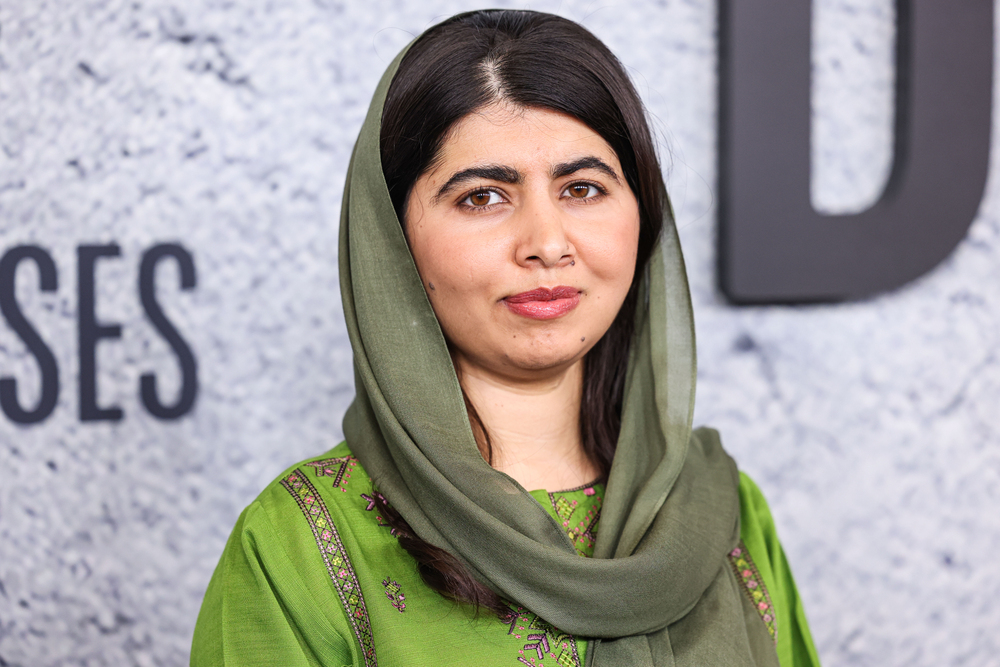Famous Historical Figures Who Changed the World Through Small Actions
Everett Lee
2025-10-15
6 min read

Sometimes, the most profound impact is sparked not by grand gestures or elaborate plans, but by small, seemingly ordinary actions. Throughout history, there have been individuals who changed the course of humanity with gestures, innovations, or ideas that at first glance appeared minor but later proved monumental. Their stories remind us of the power of humility, persistence, and believing in the difference one person can make. This blog will explore notable historical figures who altered the trajectory of the world through small yet meaningful actions. Their contributions might inspire you to recognize the potential within everyday acts to shape a more significant change.
Rosa Parks and the Power of Saying No
On December 1, 1955, in Montgomery, Alabama, Rosa Parks refused to give up her seat to a white passenger on a segregated bus. It was a simple act of defiance, yet it became a powerful symbol in the Civil Rights Movement. Often referred to as "the mother of the freedom movement," Parks' decision was not an elaborate plan to create change but a reflection of her fundamental belief in human dignity. Her arrest sparked the Montgomery Bus Boycott, a pivotal event lasting over a year and resulting in the Supreme Court ruling that segregation on public buses was unconstitutional. Through her quiet courage, Rosa Parks demonstrated that a single act of resistance could ignite the collective fight for justice.
Jonas Salk and the Small Act of Giving
Polio epidemics were a global concern in the first half of the 20th century, with the disease disabling thousands annually. Jonas Salk, an American virologist, developed the first effective polio vaccine, an achievement hailed as one of the most significant medical breakthroughs. But it wasn’t just his scientific innovation that changed the world; it was his decision to refuse a patent on the vaccine. By not patenting the formula, Salk ensured the vaccine could be distributed widely and affordably. When asked why he didn’t seek to profit, his heartfelt response was, “There is no patent. Could you patent the sun?” This small decision ensured the vaccine reached millions and contributed to the near-eradication of polio worldwide.
Mahatma Gandhi’s Salt March
Mahatma Gandhi was known for his philosophy of nonviolent resistance, or satyagraha, as he sought independence for India. One of his most famous actions was the Salt March in 1930. Though it may seem trivial to protest salt taxes, this small act was a strategic stroke of genius. Gandhi led a 240-mile march to the coastal village of Dandi to make salt from the seawater as a form of civil disobedience against British colonial rule. The act symbolized defiance against unjust laws and inspired millions of Indians to join the struggle for independence. What started with a simple gesture spurred a movement that brought a superpower to its knees and ultimately led to India’s freedom.

Malala Yousafzai and the Act of Attending School
For Malala Yousafzai, education was not just a fundamental right; it was an act of defiance and advocacy. Growing up in the Taliban-ruled Swat Valley in Pakistan, where girls’ education was prohibited, Malala began speaking out for the right to education at just 11 years old. She wrote anonymous blogs for the BBC and later appeared in media interviews to advocate for educational access. Her advocacy, however, didn’t come without a price. At age 15, Malala was shot by the Taliban in an attempt to silence her. Remarkably, she recovered and continued her mission with even greater tenacity. Her determination led to global recognition, including winning the Nobel Peace Prize in 2014. Attending school may seem ordinary to many, but for Malala, it became a life-changing symbol of resistance and hope for millions of young girls.
Norman Borlaug’s Agricultural Innovation
Sometimes, change stems not from political movements or symbolic protests but quiet labor in a field. Norman Borlaug, an agronomist and humanitarian, is known as the father of the Green Revolution. Borlaug introduced high-yield, disease-resistant wheat varieties and modern agricultural techniques that transformed global food production. His methods were implemented in developing countries like Mexico, India, and Pakistan, mitigating widespread famine and hunger. Borlaug’s innovations are estimated to have saved over a billion lives. His determination to improve crop yields might have seemed like a scientific pursuit, but it became a monumental humanitarian achievement.
A Call to Recognize the Power of Small Actions
History doesn’t always remember every small act of courage, compassion, or innovation, but it consistently reminds us that change is often sewn from modest beginnings. Whether it’s Rosa Parks’ quiet defiance, Jonas Salk’s selfless generosity, or Malala Yousafzai’s fervent pursuit of education, their stories highlight the transformative power of small actions when aligned with powerful convictions. The next time you hesitate to take action, remind yourself that even the smallest effort can ripple out to create a wave of change. What steps, no matter how minor they may seem, could you take to make a difference? Change starts with someone, somewhere, and it just might start with you.



